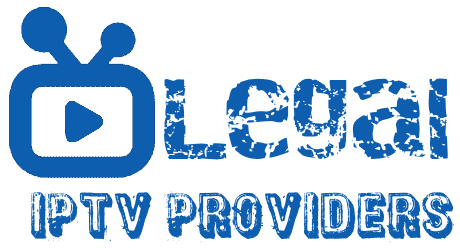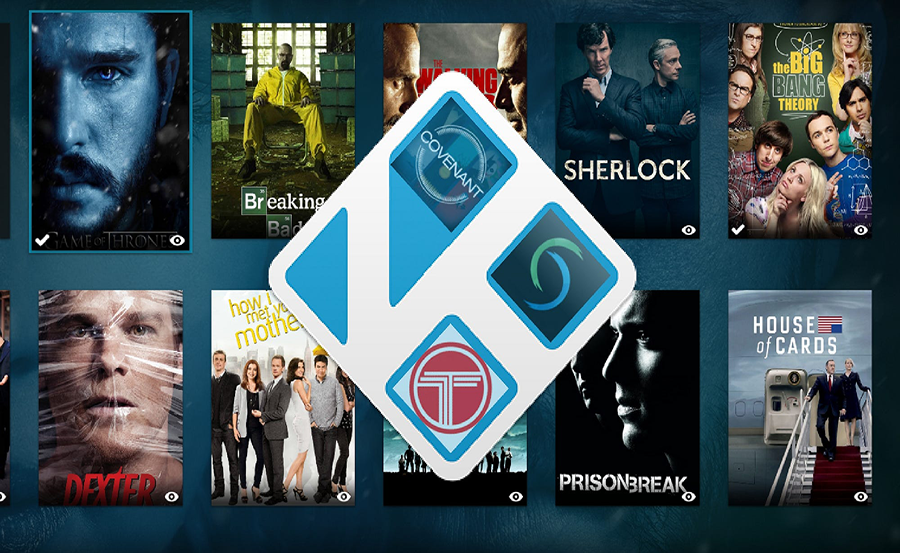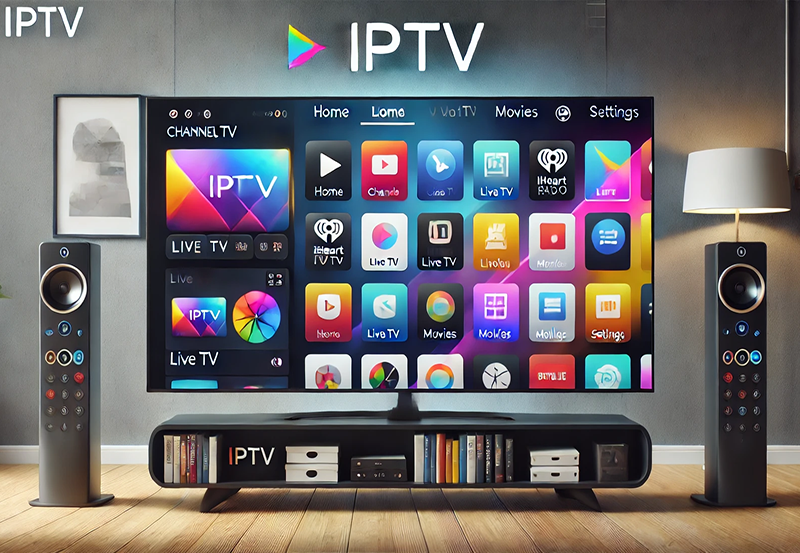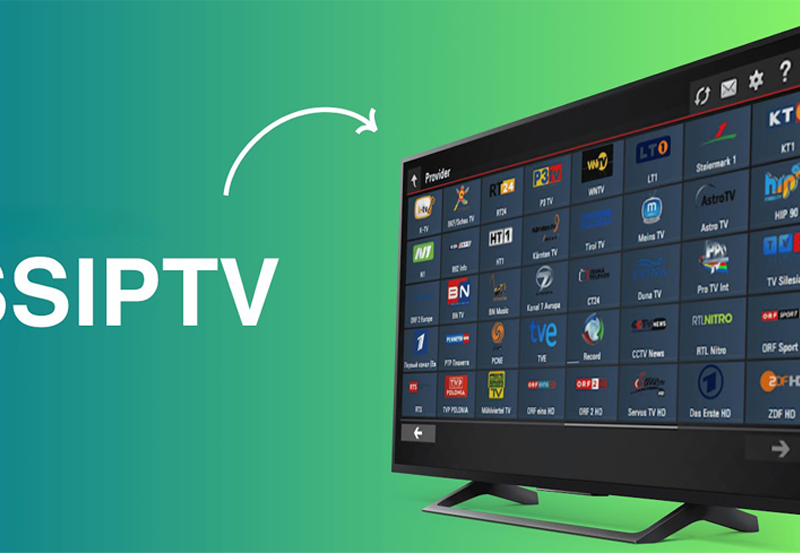In the digital age, streaming live TV has become a preferred choice for many viewers around the world. Platforms like Kodi IPTV offer easy access to countless channels. However, with convenience often comes complexity, particularly in terms of legality. Is using Kodi IPTV truly legal? Let’s delve into this topic from a copyright and licensing perspective.
What is Kodi IPTV?
Kodi IPTV has become synonymous with flexible live TV streaming. But it’s essential to understand exactly what Kodi and IPTV are before diving into legal implications.
Defining Kodi: More Than Just a Media Player
Kodi is an open-source media player, developed by the XBMC Foundation. Popular for its versatility, Kodi allows users to stream a wide range of content, including live TV. But, it’s the extensions and add-ons that bring IPTV into play.
Quick Tip:
Stream local and international TV with UK IPTV and get access to all your favorite channels.
The IPTV Element: A Modern Take on Television
IPTV stands for Internet Protocol Television. Unlike traditional broadcast or cable television, IPTV delivers content over the internet, providing greater flexibility and access. Kodi, when used with specific add-ons, harnesses this technology for various viewing options.
Dissecting the Legalities: Is Kodi IPTV Legal?
Many users assume that as a free platform, Kodi’s functionalities automatically translate into legality. But, the truth isn’t so straightforward. The core of Kodi is legal, however, complications arise with its third-party add-ons.
Legal Limitations: Where Does Kodi Stand?
By itself, Kodi doesn’t infringe on copyrights; it’s simply a media player. Problems begin when users install third-party add-ons designed to stream illegal content. These are unauthorized by the official Kodi developers and often host pirated streams.
Understanding Copyright: The Real Issue
Infringement occurs when copyrighted material is shared, copied, or viewed without proper authorization. Streaming unlicensed content on platforms like Kodi, even though not directly illegal in some places, places users in a gray zone regarding copyright laws.
Risks of Using Unofficial Add-Ons
- Exposure to malware through faulty add-ons.
- Legal actions for accessing pirated content.
- Poor streaming quality and unreliable service.
The Expert’s Guide to IPTV Enjoyment: Tips for Safe Streaming
Enjoying IPTV through Kodi legally involves a cautious approach. Adhering to official channels and understanding licensing can make all the difference.
Opt for Official Add-ons
When using Kodi for live TV, it’s advisable to choose add-ons verified and distributed by legitimate broadcasters. Some companies provide sanctioned channels, ensuring compliance with copyright laws.
Knowledge is Power: Staying Informed
Awareness of the legal landscape is crucial. Understanding the stipulations of copyright can guide users towards making legally and ethically sound decisions. Keeping abreast of any changes in legislation will also safeguard against infringements.
VPNs: A Double-Edged Sword
VPNs are often touted as tools for anonymity. While they provide privacy, they should not be used simply to bypass legal restrictions. Responsible viewing is paramount, and VPNs should be used ethically.
IPTV on Roku: Legal Concerns and Considerations
Roku, another popular streaming device, is often used alongside IPTV services. Legal implications on Roku parallel those encountered with Kodi, demanding equal caution and comprehension.
Roku’s Policies: Not as Open as Kodi
Roku maintains stricter controls over its platform compared to an open-source option like Kodi. While this provides users with pre-approved channels, it limits third-party interventions, reducing inadvertent legal issues.
Understanding Licensing Agreements
When using IPTV services on Roku, ensure that the service provider holds a legitimate license for content distribution. This minimizes legal exposure and promotes ethical viewing practices.
Conclusion: Navigating the Streaming Landscape with Caution
The digital realm of live TV streaming, facilitated through platforms like Kodi IPTV, offers vast possibilities but equally necessitates awareness and discretion. Users should prioritize legitimate sources, maintain an understanding of copyright constraints, and employ tools like VPNs responsibly to fully enjoy the service without legal repercussions.
Frequently Asked Questions

-
Is Kodi legal on its own?
Yes, Kodi itself is a legal media player. Issues arise with third-party add-ons that allow unauthorized streaming.
-
Can I use IPTV on Roku safely?
Using IPTV on Roku is legal if the service provider has obtained necessary licensing to stream the content offered.
-
Do VPNs make streaming more secure?
VPNs enhance privacy but should not be used to bypass legal or ethical guidelines. They should complement responsible streaming practices.
-
Are free IPTV services legal?
Legality depends on whether the service has the appropriate licenses for its content. Free services often lack these agreements.
-
What are the risks of using unofficial add-ons?
Unverified add-ons may expose users to malware, unreliable service, and potential legal actions for accessing pirated content.
IPTV Troubleshooting 101: The 5 Technical Issues You Need to Know





